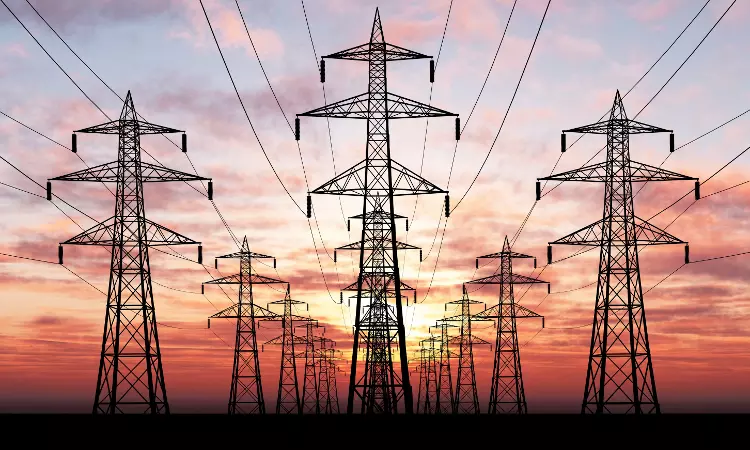Raising Demand For Undisputed Consumption Of Electricity Not Deficiency In Service: NCDRC
Ayushi Rani
11 Dec 2024 3:36 PM IST

Next Story
11 Dec 2024 3:36 PM IST
The National Consumer Disputes Redressal Commission, presided by AVM J. Rajendra dismissed a petition by SBI and held that electricity charges become “first due” only after a bill is issued, even though liability arises on consumption. Raising an additional demand for undisputed consumption does not amount to deficiency in service. Brief Facts of the Case The complainant,...
